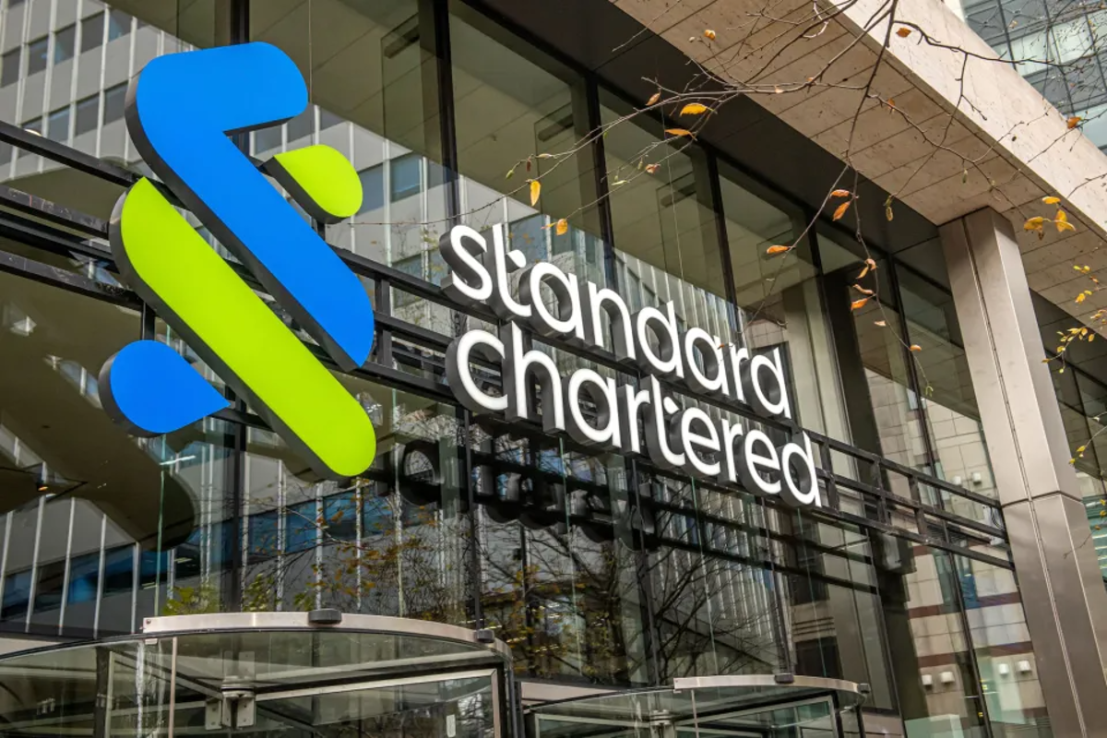Standard Chartered wins Libor-linked court battle against investors
British bank Standard Chartered has won its battle against its investors, meaning it can now impose "fundamentally different commercial bargains...from what had been agreed"


Standard Chartered has won a legal battle against investors that will allow it to use a new financial benchmark to set dividend rates for some shares.
The bank was in court last month after it hit a group of investors with legal action over its determination to impose a new dividend rate on its preference shares.
It comes at the time when Libor, the 54-year-old benchmark borrowing rate, was officially phased out at the start of October.
This case relates to preference shares issued by the Standard Chartered in 2006, denominated in US dollars to investors across the Atlantic.
The dividend rate payable under the preference shares was fixed at 6.409 per cent for the first 10 years, after which it would be set at three-month USD Libor ($3m Libor) plus 1.51 per cent.
However, the bank wants to replace the existing dividend rate with a three-month term secured overnight financing rate (SOFR) plus an adjustment spread of 26 basis points (plus the original 1.51 per cent).
This was a test case, which went to trial last month for four days, with the bank arguing that the rate should be based on SOFR with a spread adjustment.
Lawyers for Standard Chartered submitted that what it was seeking was recommended by the International Swap Dealers’ Association, and endorsed by a number of regulators.
It was opposed by investors who contended that when the publication of Libor ceased, Standard Chartered was obliged to redeem the preference shares in the outstanding amount of $750m (£573m).
The bank had magic circle law firm Slaughter and May on for its claim, while the defendants, which includes three funds run by Boston-based hedge fund manager Bracebridge Capital, had Quinn Emanuel and Jones Day.
The High Court sided with the bank on Tuesday, concluding that the contract contains an implied term that a reasonable alternative can be used where the definition of three month Libor is no longer operative.
The judges ruled that “at present” that reasonable alternative rate is the rate the bank purposed.
According to the bank’s leading barrister Kenneth MacLean KC, at One Essex Chambers, this is the first occasion where the courts in England have had to consider the effects of the cessation of Libor publication.
It was noted that this legal judgment “is of considerable potential significance” in cases where a contract provides for payments to be made with reference to a benchmark rate such as Libor, but where it fails to provide a fall-back mechanism.
A spokesperson for the investors law firm, Quinn Emanuel, said: “Our clients respect the decision handed down by the High Court today, but are disappointed with the outcome, which enables Standard Chartered to impose a fundamentally different commercial bargain on its investors from what had been agreed.”
The spokesperson noted that the shareholders involved in this case, “are actively considering their next steps.”
While according to a statement issued by the bank, it stated that “the company welcomes the court’s decision.”



